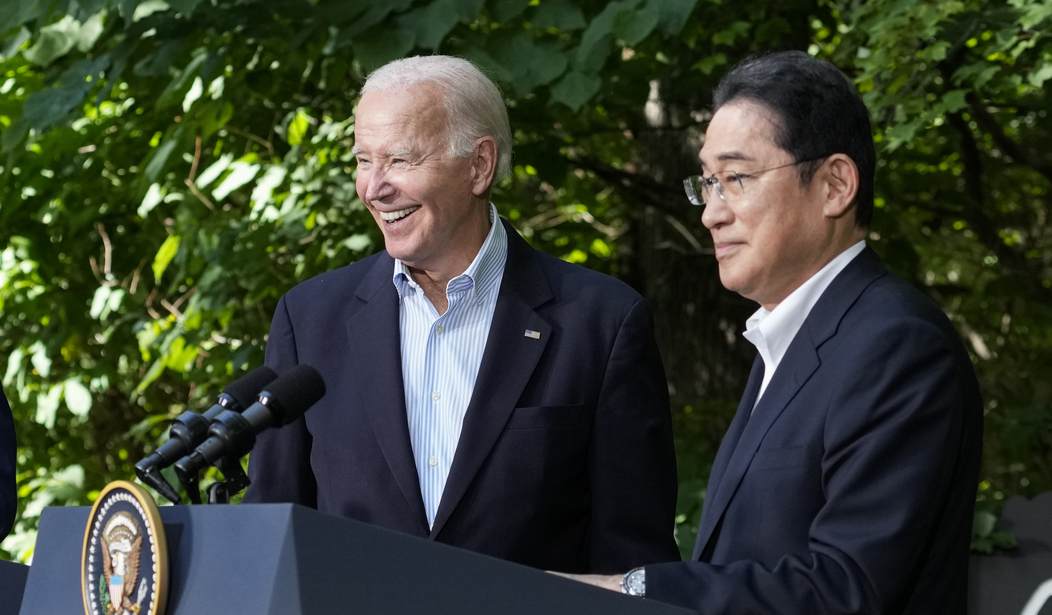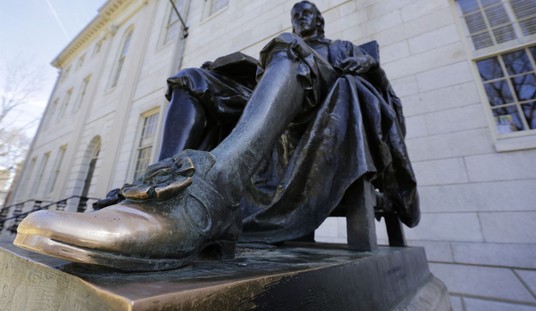South Korean President Yoon Suk Yeol declared emergency martial law Tuesday, accusing the opposition party of plotting “insurgency” and “trying to overthrow the free democracy.” President Yoon used a national television address Tuesday night to accuse the opposition Democratic Party, which holds a majority in the National Assembly, of blocking his budgets and attempting to impeach members of his administration rather than participating in the process of governing.
Yoon labeled the opposition’s actions as “clear anti-state behavior aimed at inciting rebellion.” He further claimed these acts have “paralyzed state affairs and turned the National Assembly into a den of criminals.”
He describing martial law as a necessary measure to eradicate these “shameless pro-North anti-state forces.” He justified the decision as essential to protect the freedoms and safety of the people, ensure the country’s sustainability, and pass on a stable nation to future generations.
The parliament speaker is traveling to parliament and plans to convene a session, according to local broadcaster YTN TV. Yonhap news agency reported though that the entrance to parliament is blocked and lawmakers are unable to enter.
Yoon accused the opposition of turning the nation into a “drug haven” and creating a state of disorder detrimental to public safety and livelihood. He also said the Democratic Party was attempting to overthrow the liberal democratic system, declaring, “The National Assembly has become a monster undermining liberal democracy, and the nation is in a precarious state, teetering on the edge of collapse.”
He assured the public, “We will eliminate the anti-state forces and restore the country to normalcy as quickly as possible.” While acknowledging that martial law might cause some inconvenience, he promised efforts to minimize its impact on the public.
The first decree by General Park An-su, chief of staff of the Republic of Korea Army and appointed martial law commander, bans political meetings, strikes, and demonstrations. It places the media under government control, suspends the need for arrest warrants, and subjects civilians to military law.
South Korean Army General Park An-soo has been appointed as Martial Law Commander.
— Clash Report (@clashreport) December 3, 2024
All political activities are banned and media is under military censorship from now on in South Korea. pic.twitter.com/RbUcRfyv8H
About the current situation in South Korea pic.twitter.com/UYO4CqkY24
— 레일라 🦮 (@enhypenation) December 3, 2024
1. All political activities, including activities of the National Assembly, local councils, political parties and associations, rallies, and demonstrations, are prohibited.
2. Any actions that deny or attempt to overthrow the liberal democratic system are prohibited, and fake news, manipulation of public opinion, and false propaganda are prohibited.
3. All media and publications are controlled by martial law.
4. Strikes, sabotage, and assembly activities that encourage social chaos are prohibited.
5. All medical personnel, including residents, who are on strike or have left the medical field, must return to their regular duties within 48 hours and work faithfully, and any violations will be punished according to martial law.
6. Good citizens, excluding subversive forces such as anti-state forces, shall take measures to minimize inconvenience in their daily lives.
Yoon is very unpopular, and there is evidence of rampant corruption. There is much more evidence of this being a desperation move by Yoon than of widespread North Korean subversion. The declaration of martial law was condemned by Yoon's own party as well as the opposition. The Biden national security team seems flummoxed.
The leader of Yoon's conservative People Power Party, Han Dong-hoon, called the decision to impose martial law "wrong" and vowed to "stop it with the people." Opposition leader Lee Jae-myung, who narrowly lost to Yoon in the 2022 presidential election, called Yoon's announcement "illegal and unconstitutional."
A White House National Security Council spokesperson told CBS News the Biden administration is in contact with the South Korean government and "is monitoring the situation closely."
Martial law is not unknown in South Korea. General Park Chung-hee took power in a military coup on May 16, 1961, and ruled until his assassination in 1972. In 1979, General Chun Doo-hwan led a military coup, which led to yet another military coup by General Chun in 1980. His rule lasted until he voluntarily left power in 1988, after which he was sentenced to prison, a fact that can have gone unnoticed by Yoon.














Join the conversation as a VIP Member